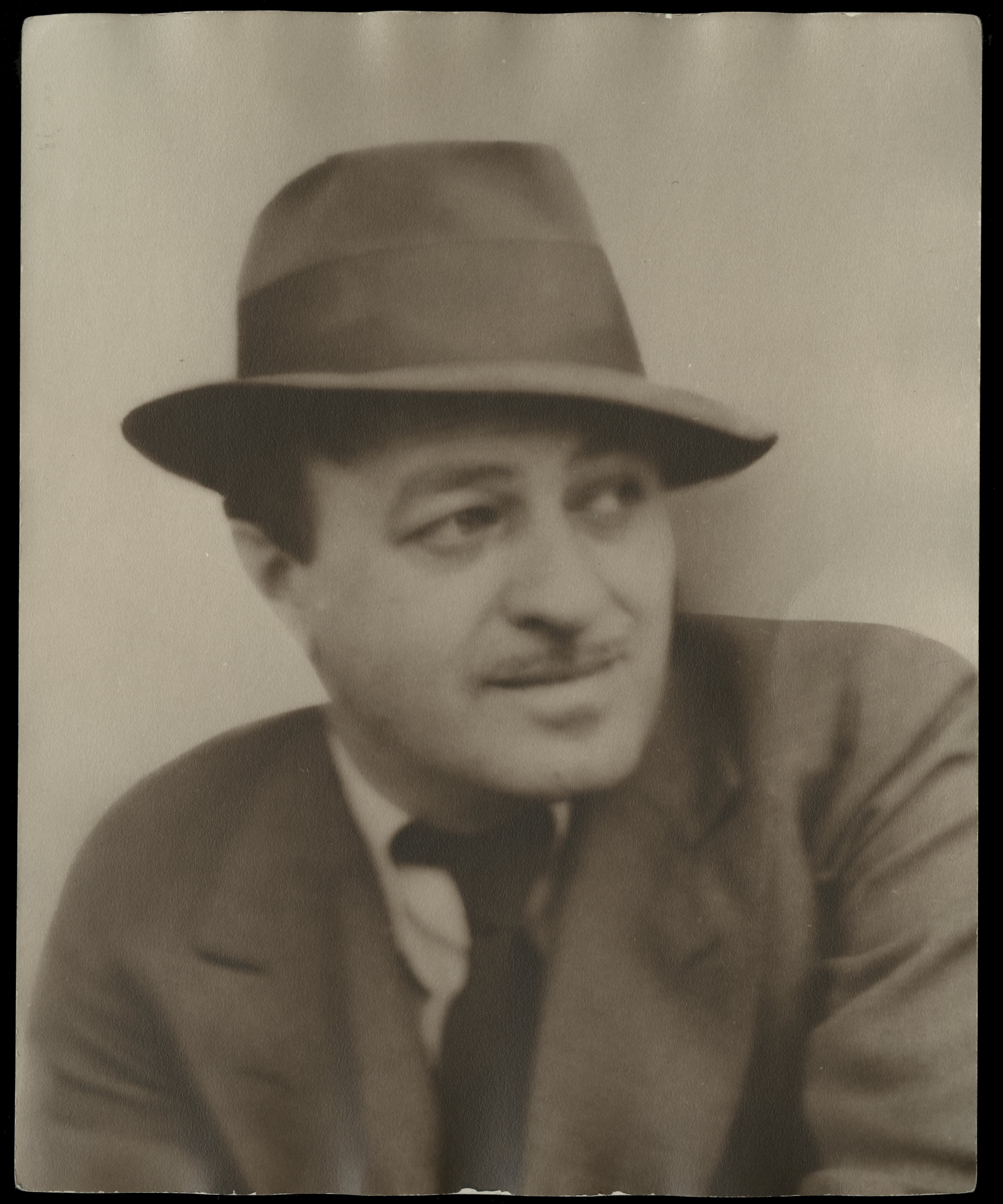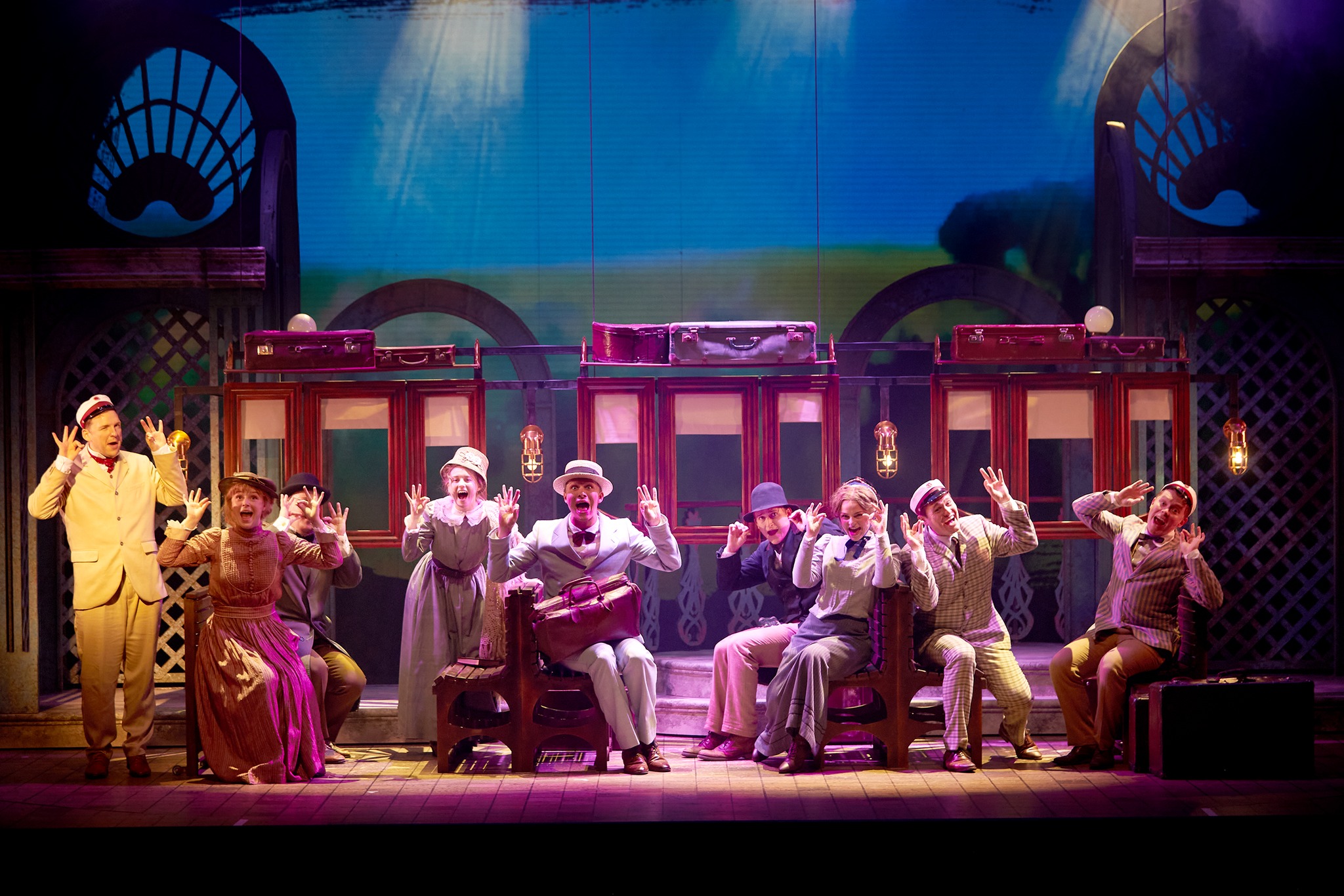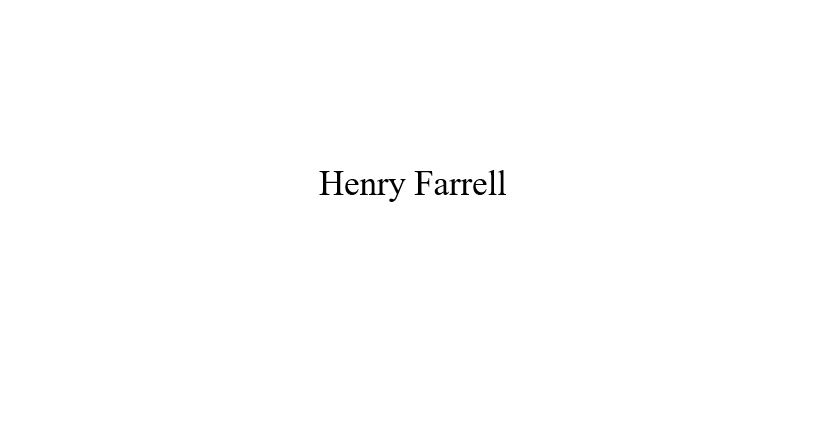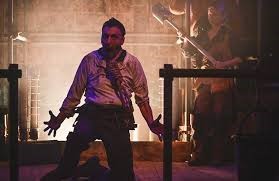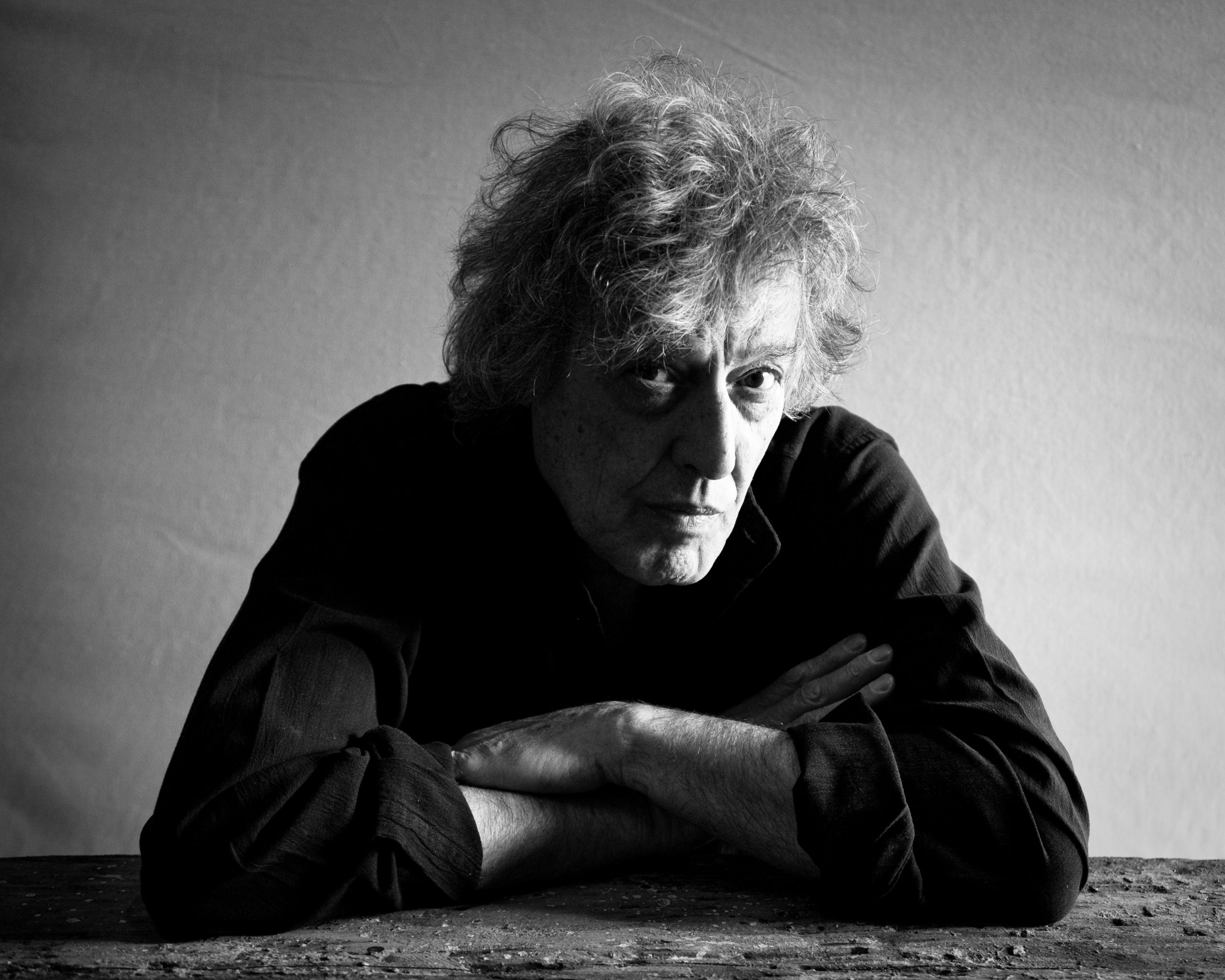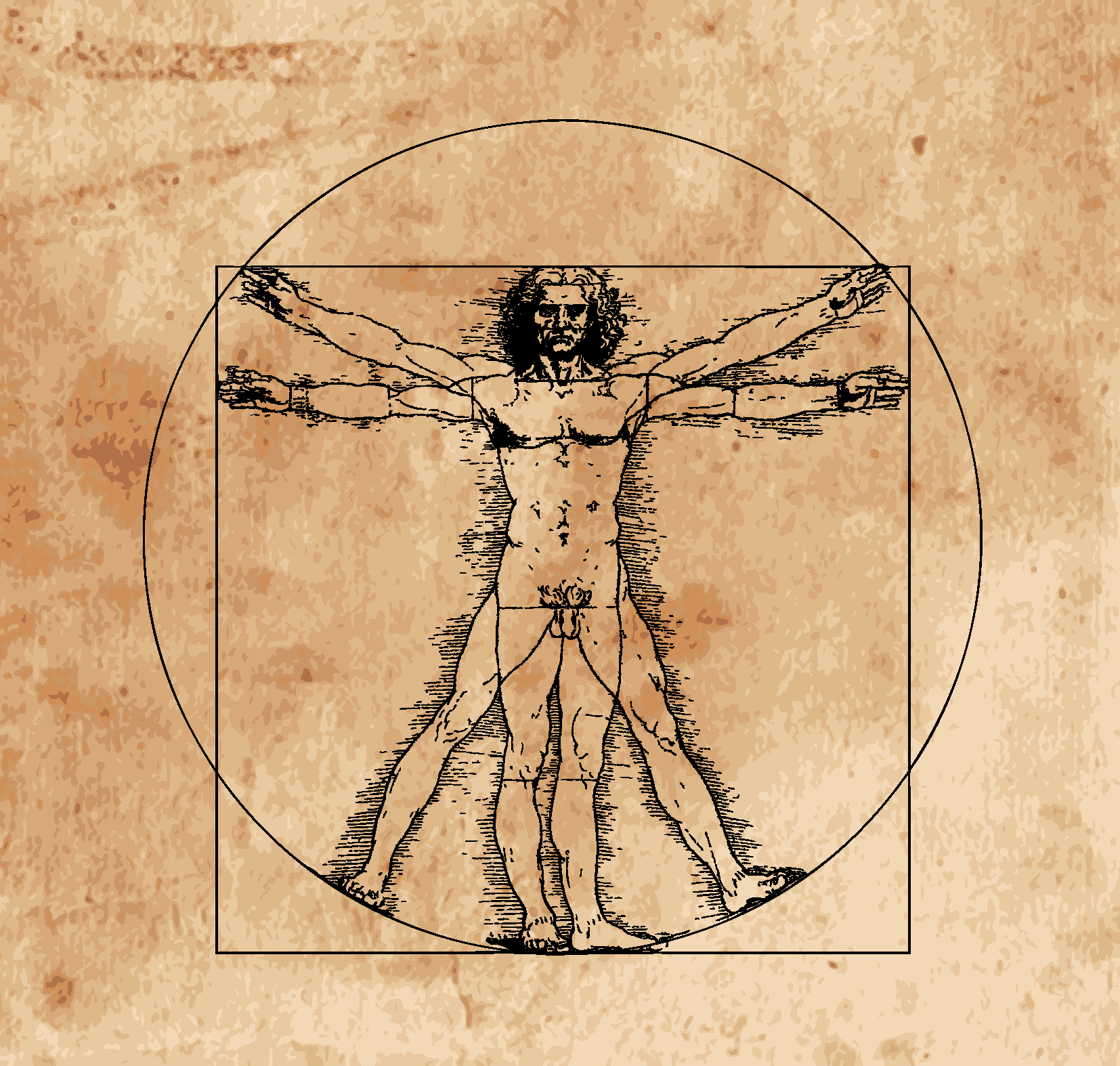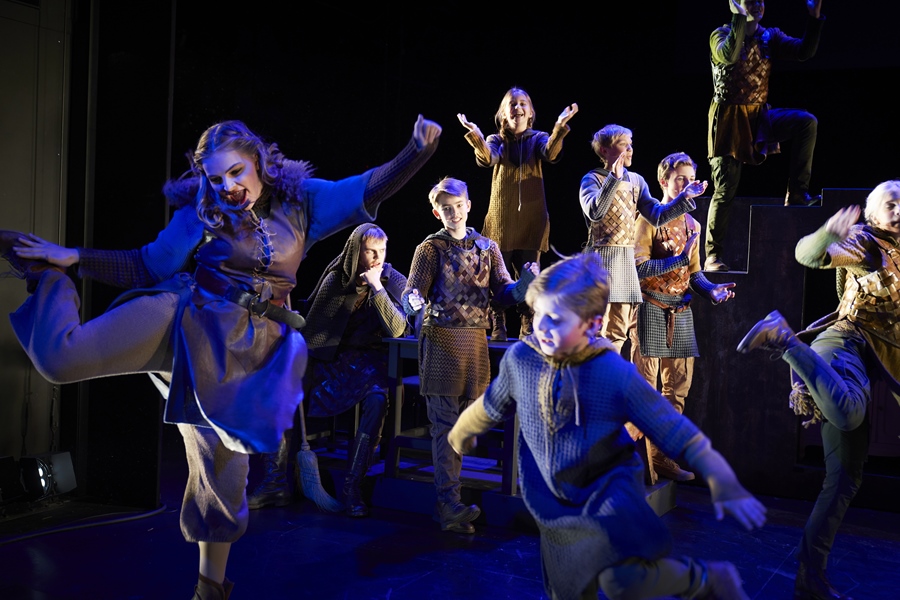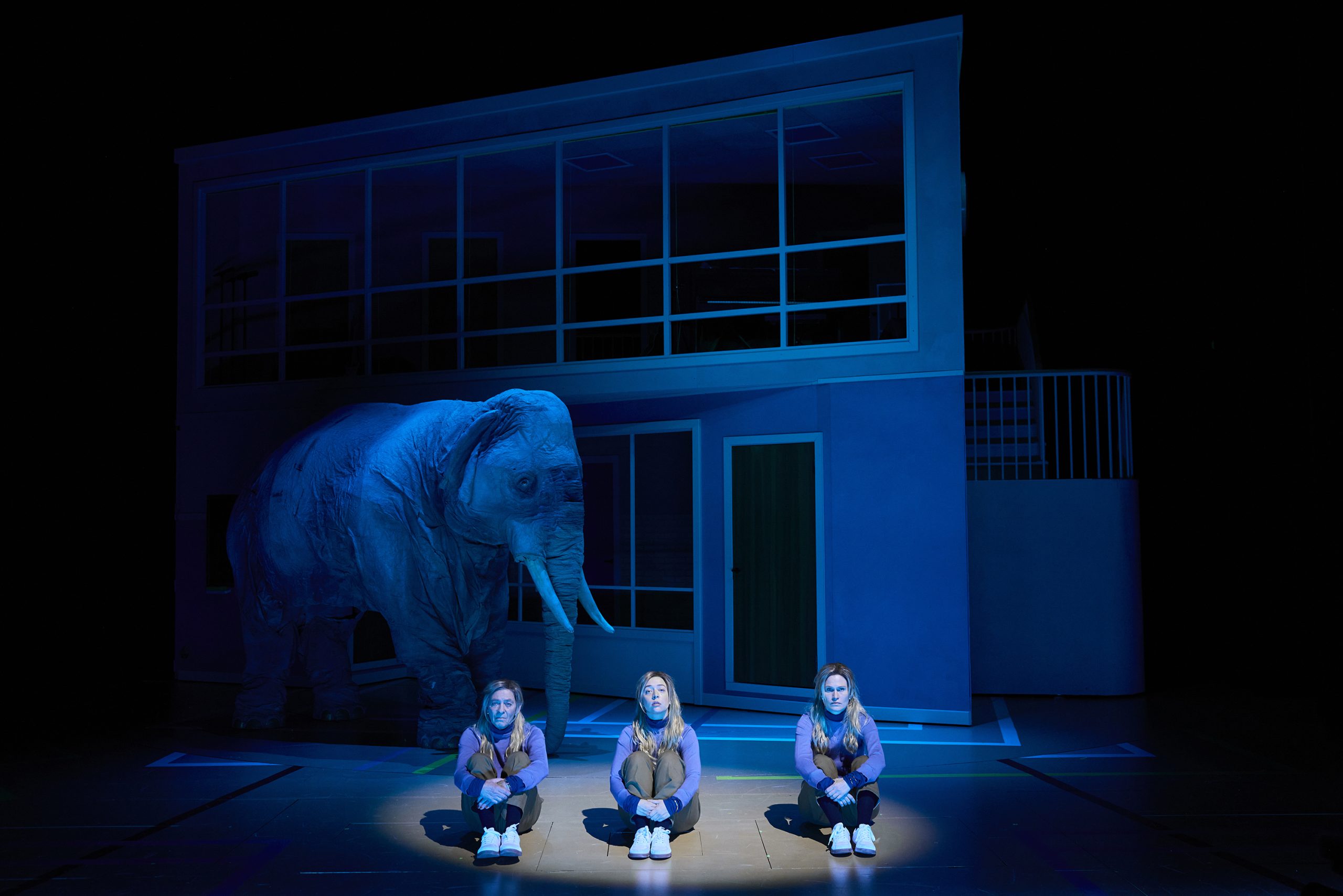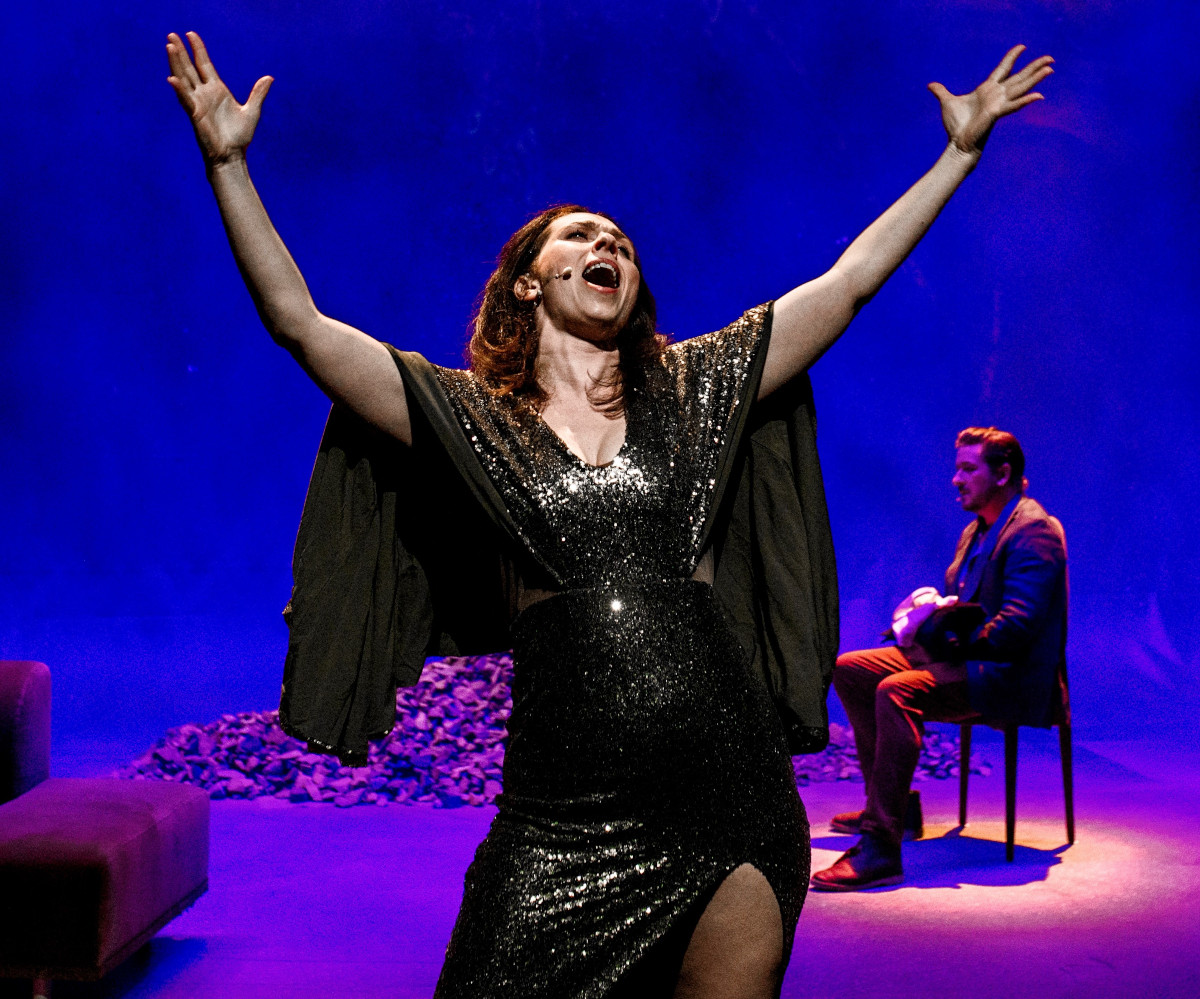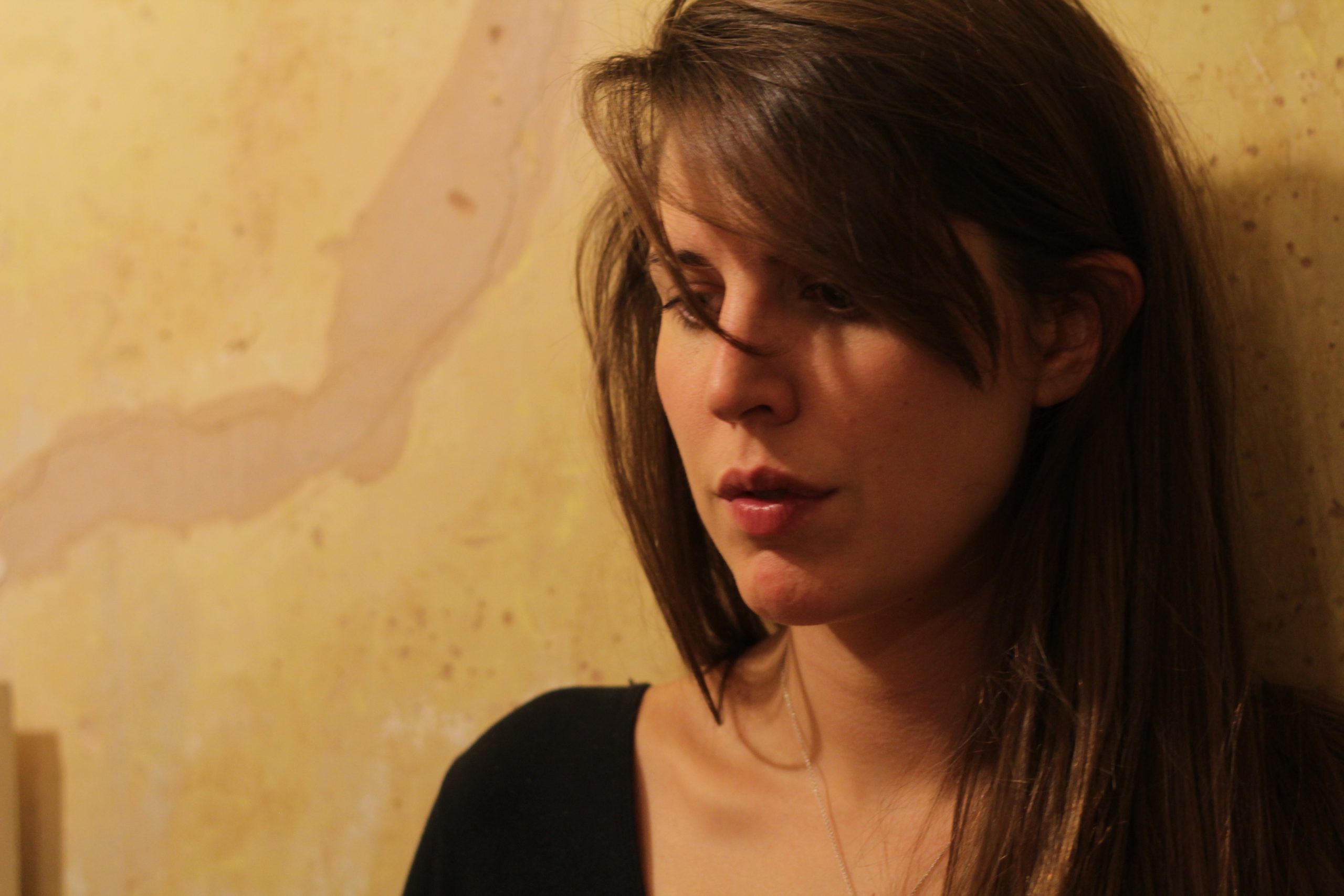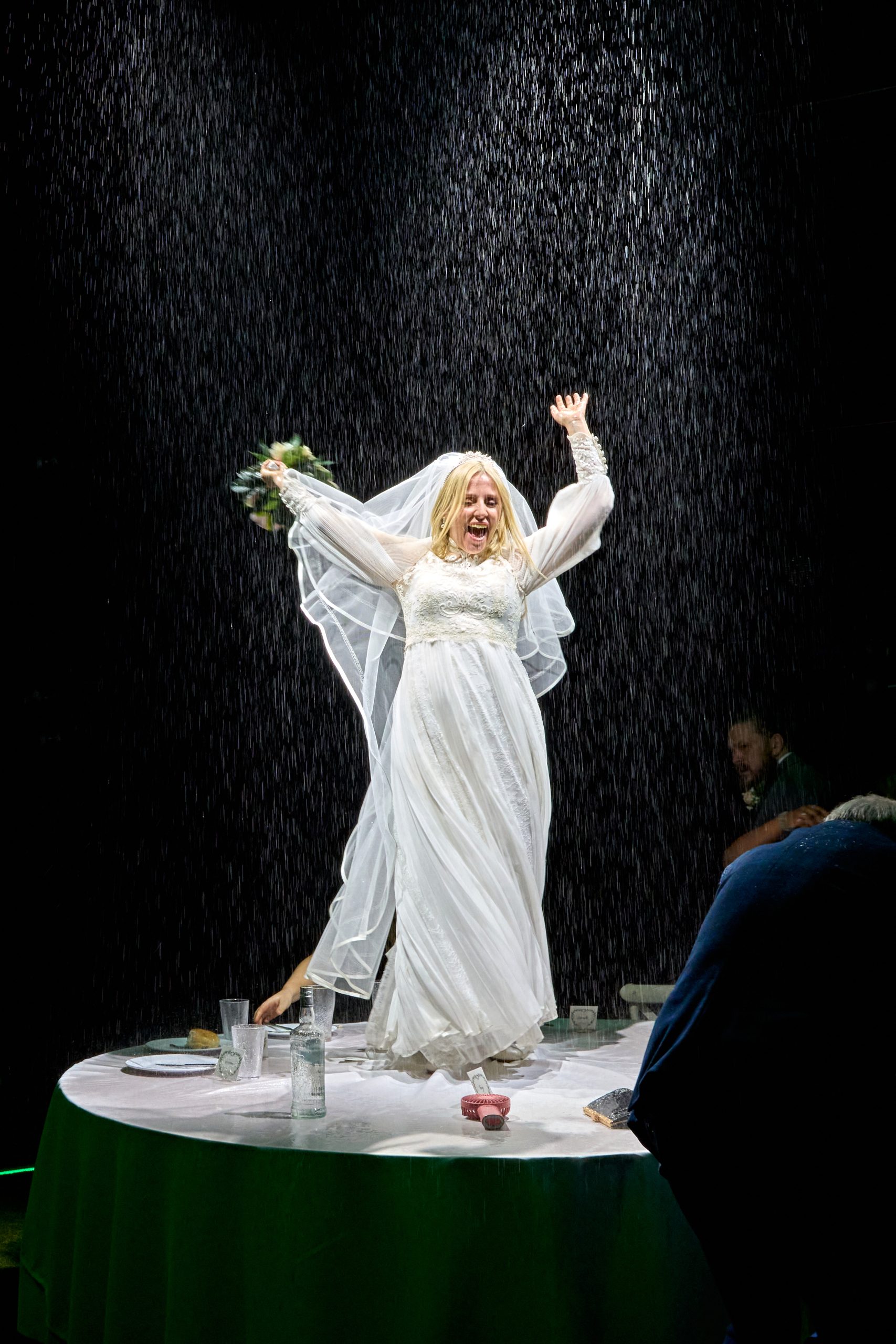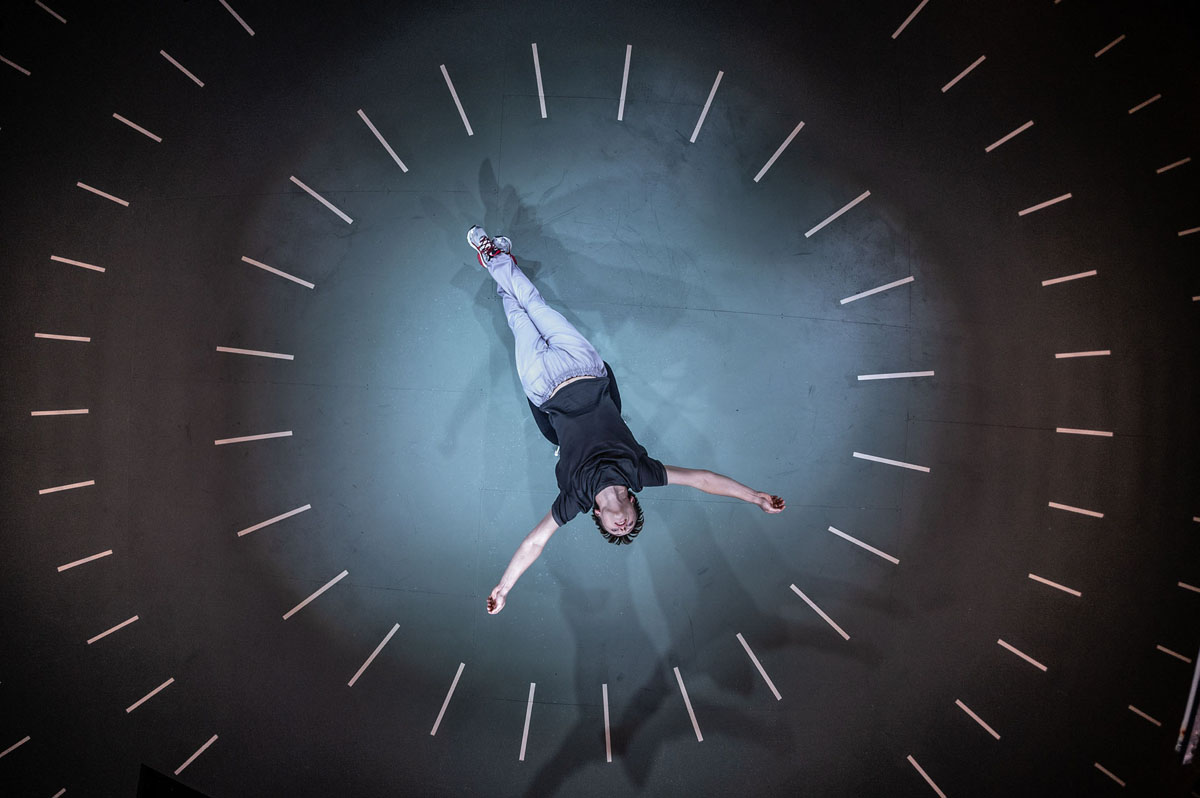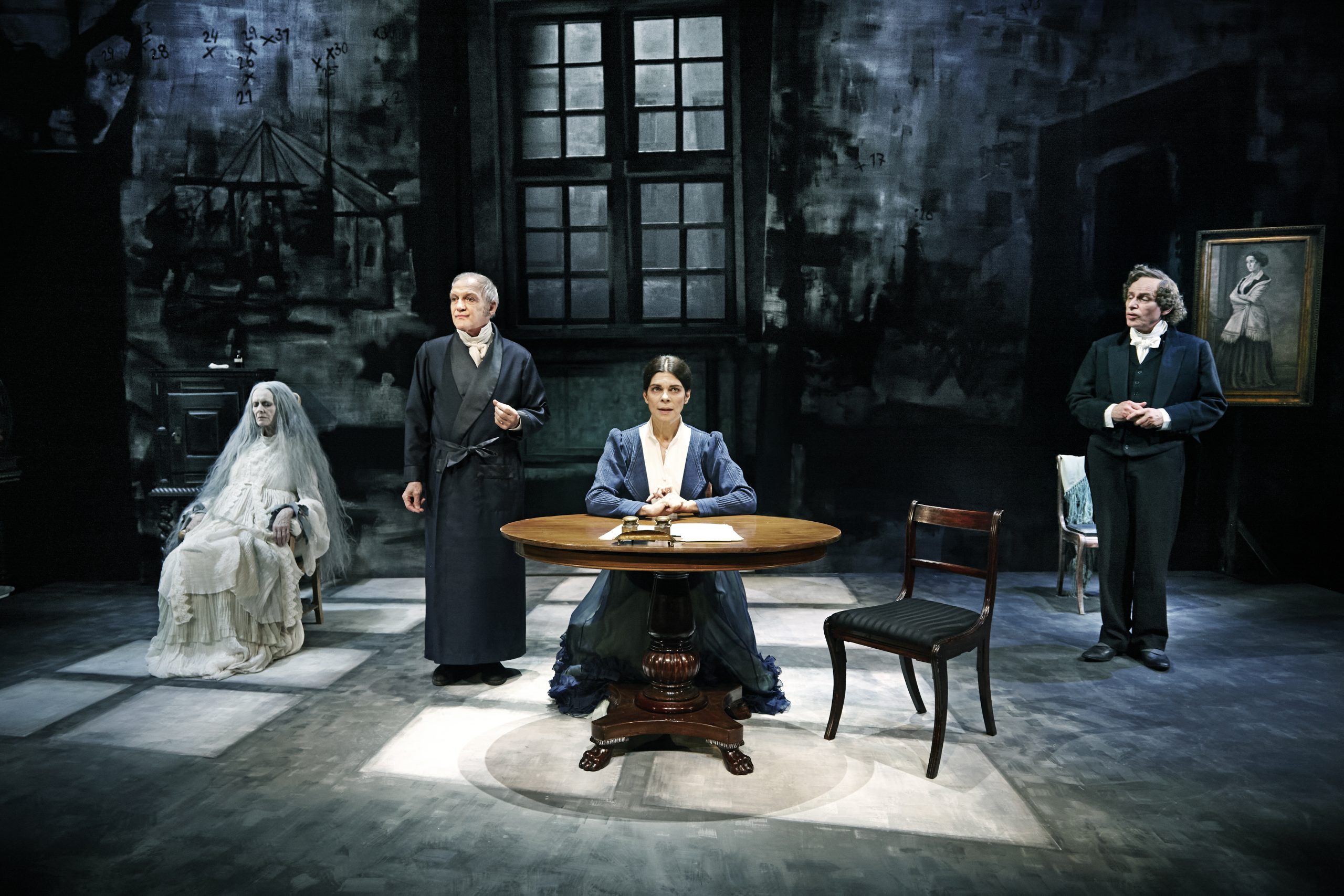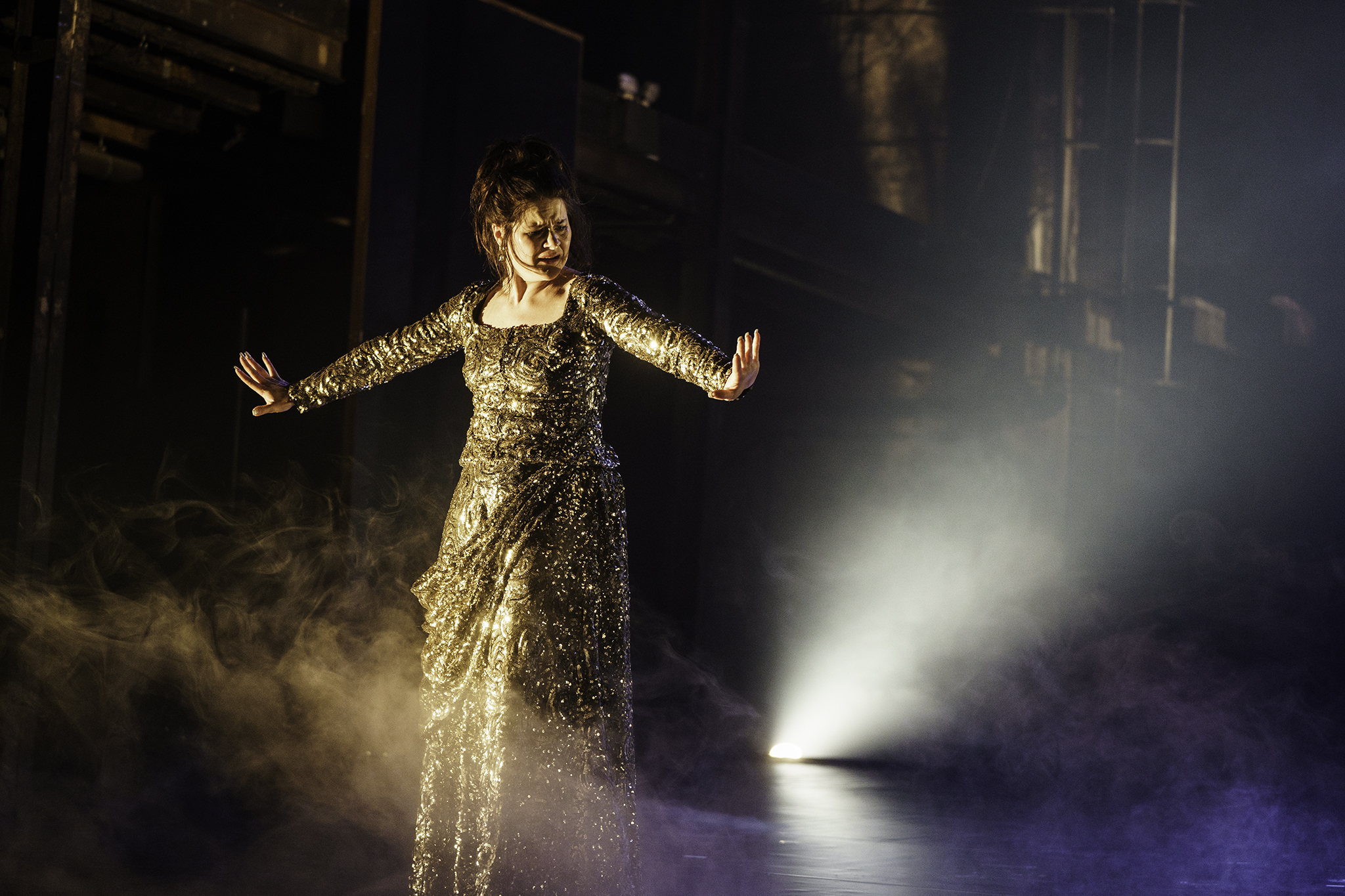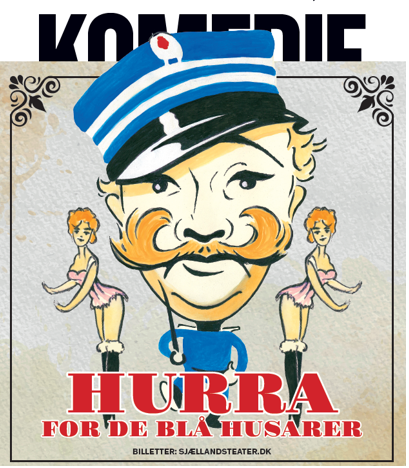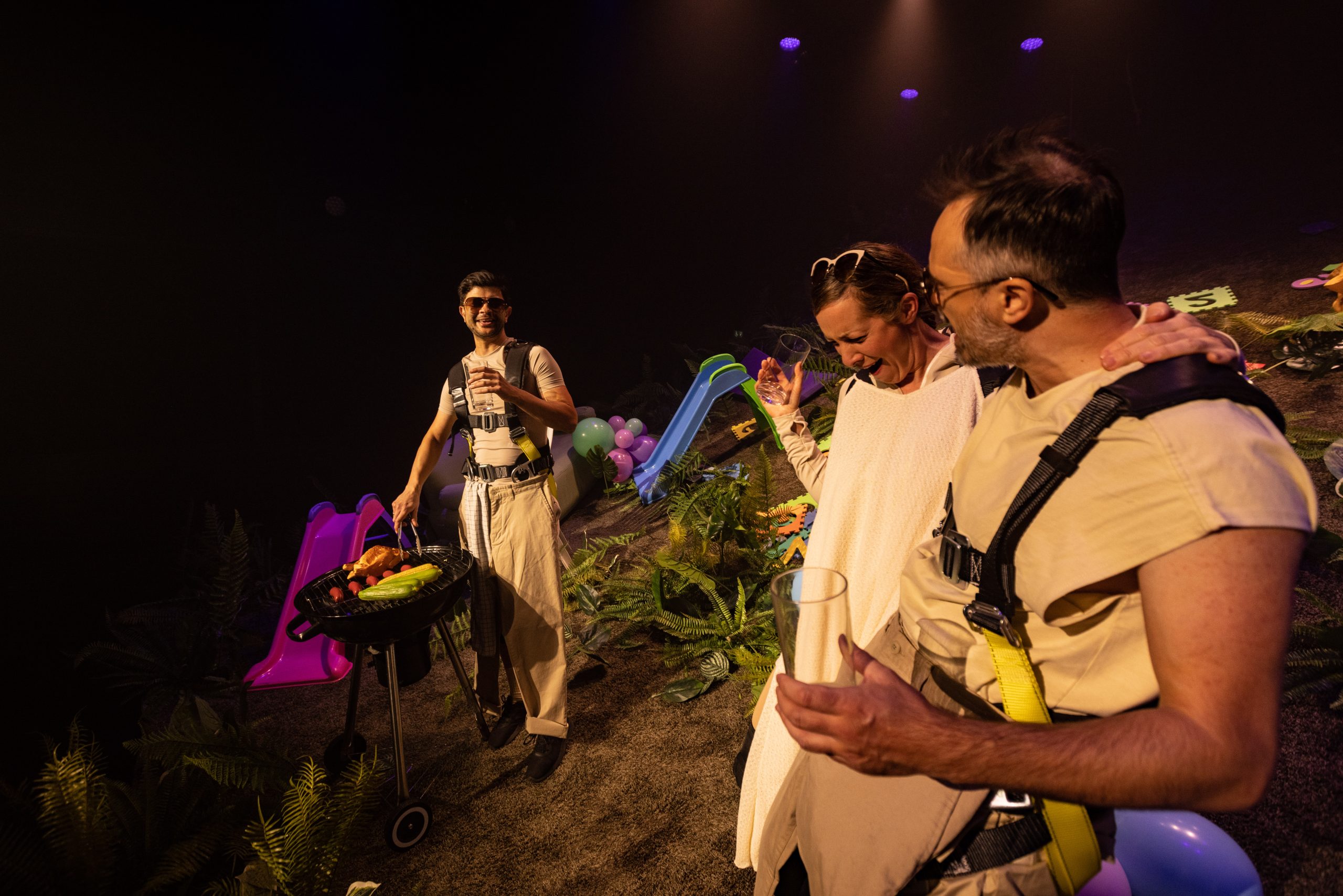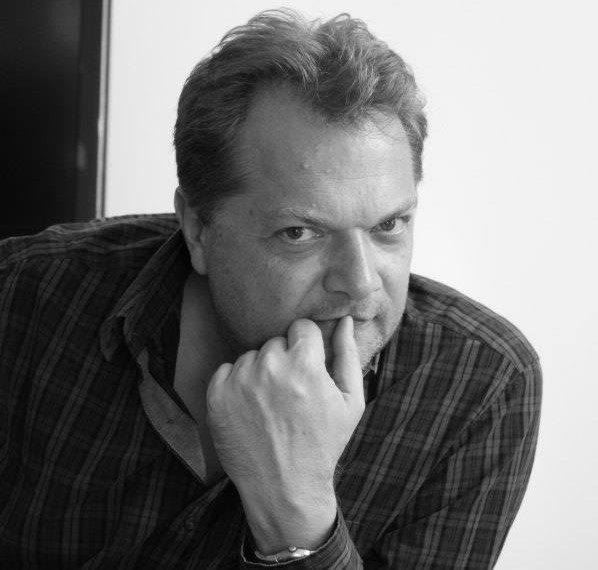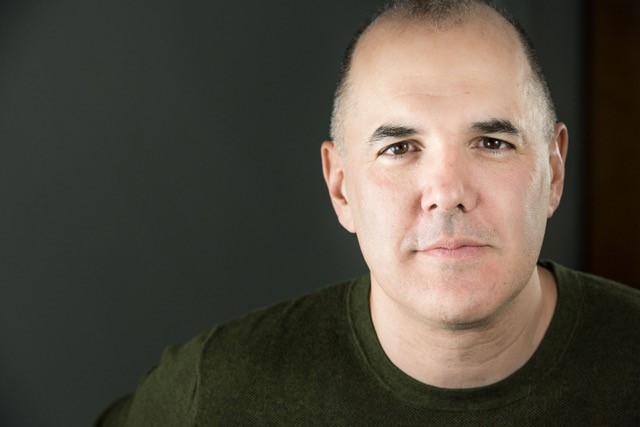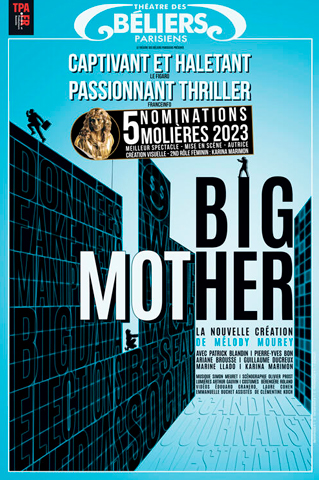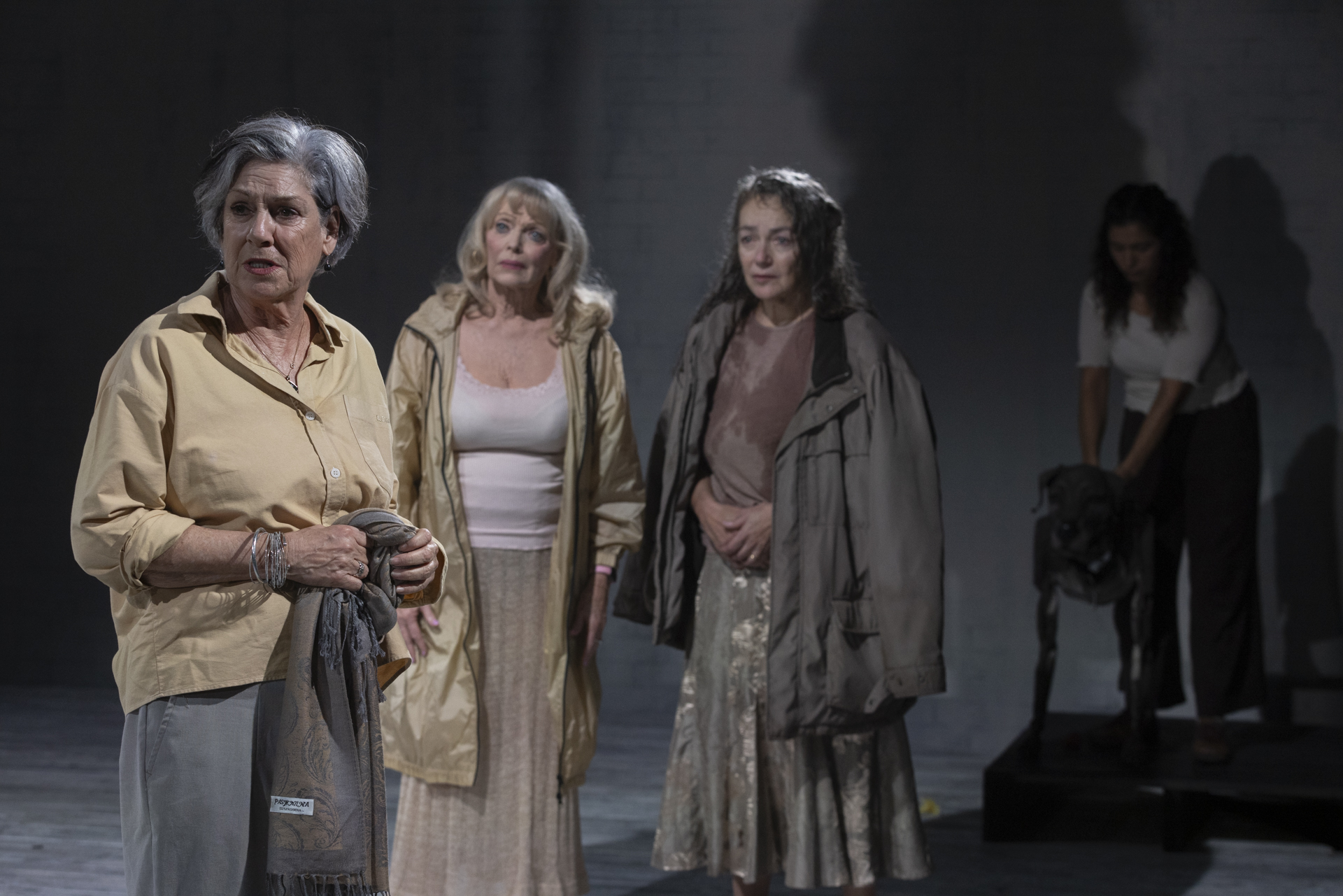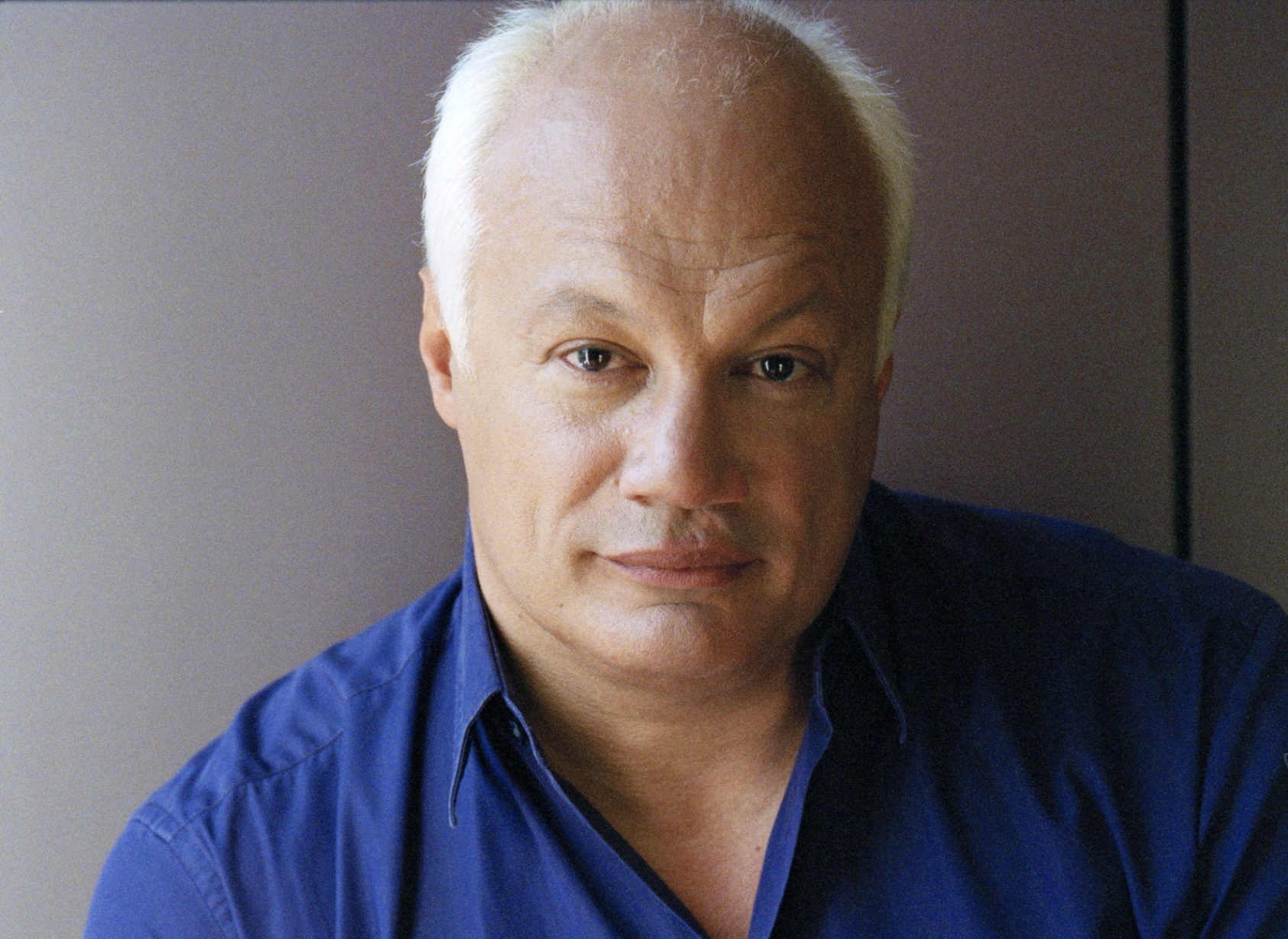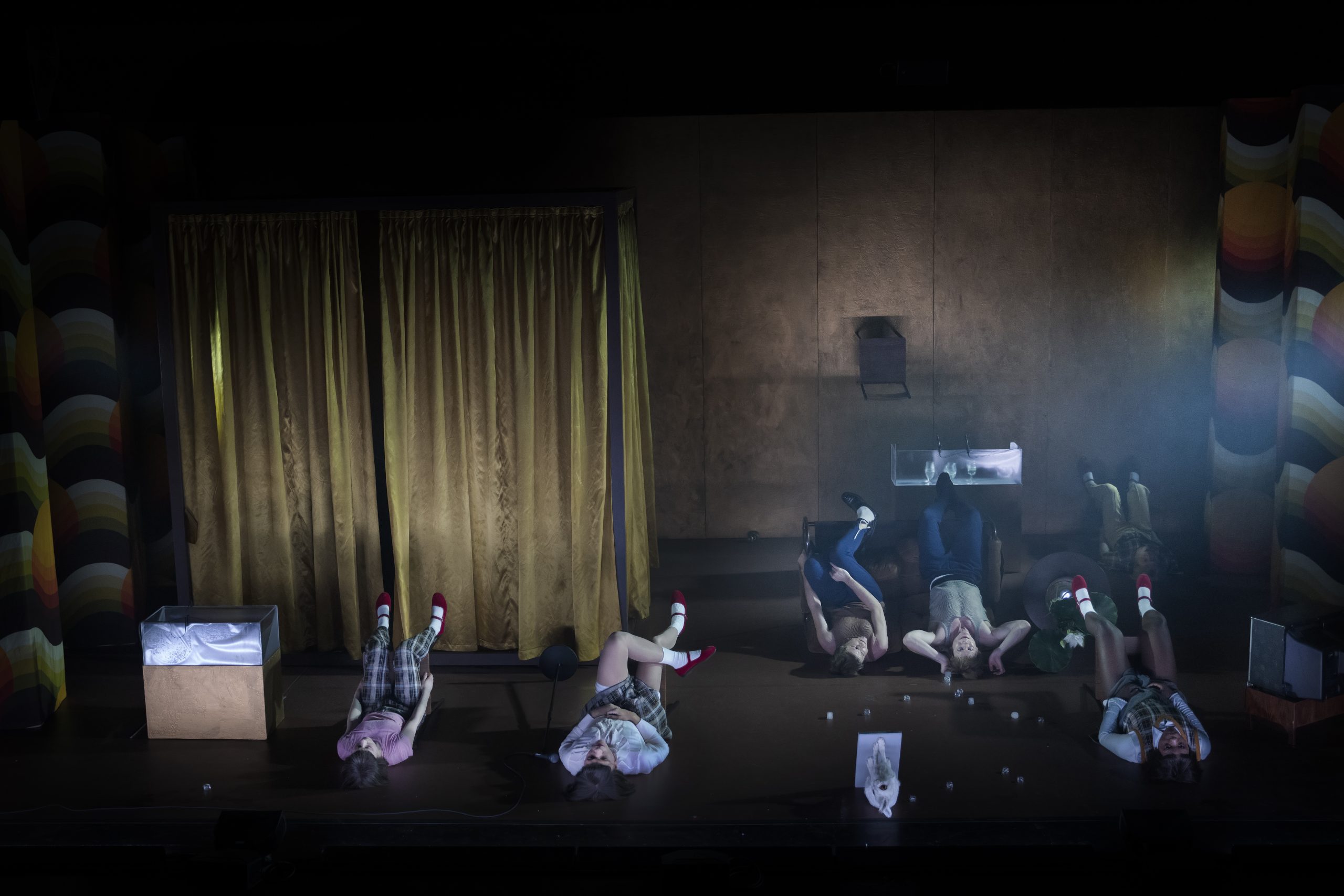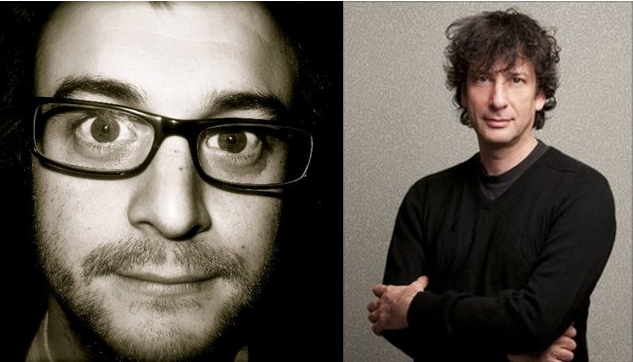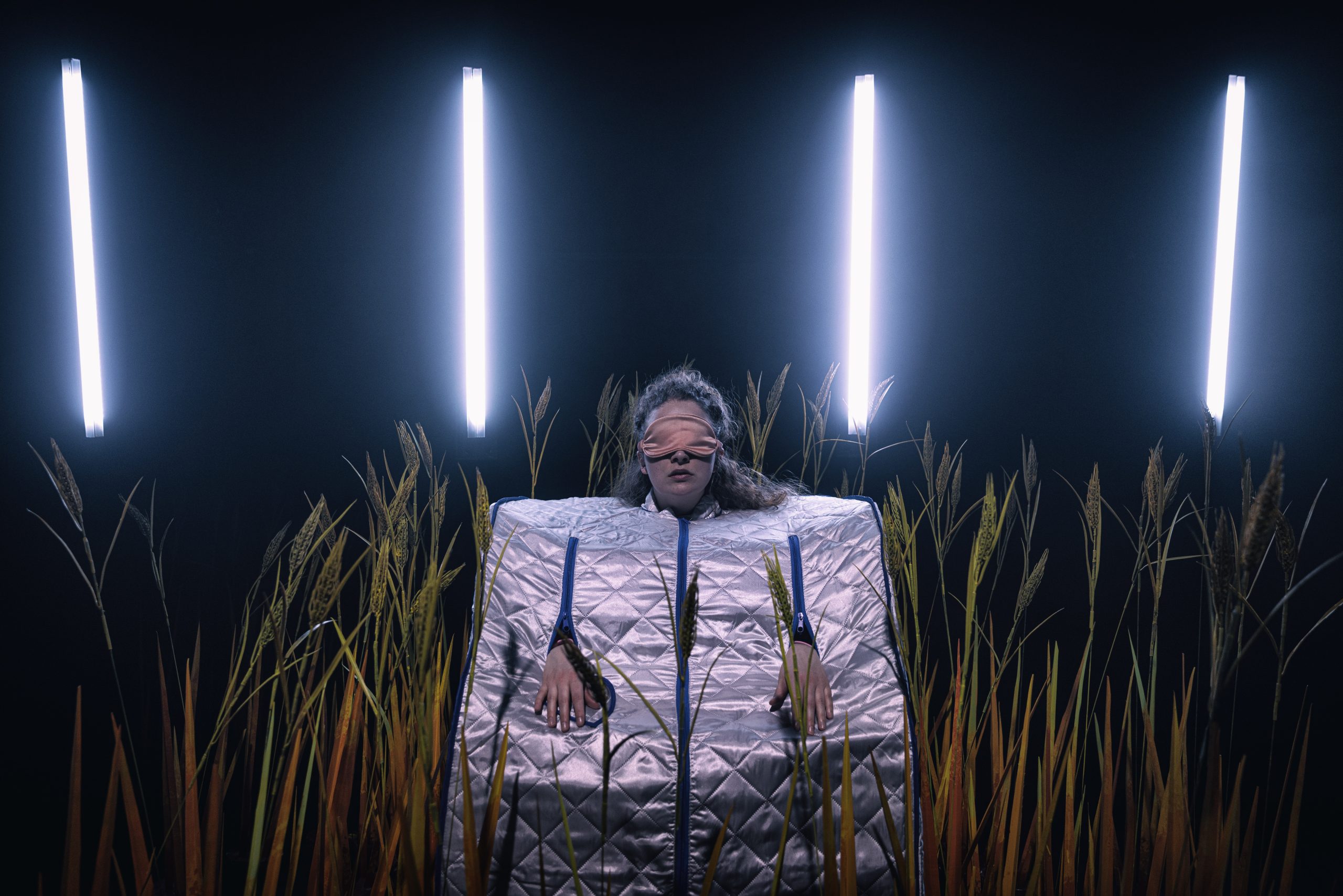(1894 – 1964)
American screenwriter, director, producer, playwright, novelist, “the Shakespeare of Hollywood”, who received screen credits, alone or in collaboration, for the stories or screenplays of some 70 films. As a prolific storyteller, Ben Hecht authored 35 books and created some of the most entertaining screenplays or plays, among them THE FRONT PAGE with Charlie MacArthur (also filmed as HIS GIRL FRIDAY), TWENTIETH CENTURY, UNDERWORLD, NOTORIOUS, THE SCOUNDREL (as play ALL HE EVER LOVED), SOME LIKE IT HOT etc.
-“… But Sarastro was the true charlatan and one forgave him this. One even demanded it of him.
–Often, while listening his Mother Goose mysticism, his Munchausen adventures, his garbled and pompous chatter of genii, sylphs, and undines, I have grown annoyed at my own skepticism. How much more marvelous was the Marvelous Sarastro if one believed him? How much more entertaining this Arabian Night in which he lived, could one accept it with the heart of a child rather than the dull incredulity of a modern author.” (from ‘The Shadow’ in The Collected Stories of Ben Hecht, 1945)
Ben Hecht was was born in New York as the son of Russian-Jewish immigrants. His family later moved to Racine, Wisconsin, where he attended high school. At the age of 12 he was for a short time a circus acrobat, and after a brief period at the University of Wisconsin, he moved to Chicago, where he worked as a reporter for Chicago Journal and Chicago Daily News. He also contributed to literary magazines including the Little Review. After World War I he was sent by Chicago Daily News to Berlin to witness the revolutionary movements, which gave him the material for his first novel, ERIK DORN (1921). In Berlin Hecht became close friends with the artist George Grosz and was a guest of honour at a famous Data demonstration: a race of six typewriters and six sewing-machines, accompanied by a swearing contest. At the hotel Adlon, which was the headquarters of the American press, Hecht also showed his talents as a musician: “The host, whom everyone called Benny [Hecht], sat cross-legged on top of the piano playing “Everybody Shimmies Now” on a fiddle. His wife accompanied him. There was glasses everywhere and ashtrays filled to the brim with butts; on our table were Havanas, cigarettes, two long-necked Rhine-wine bottles on ice, a quarter-full bottle of Black & White and a bottle of Cognac. A gigantic tin near the piano was said to contain ship’s biscuits… towards four in the morning Benny started to conduct the band, and taught the pianist to play ragtime.” (George Grosz in A Small Yes and a Big No, 1982)
A daily column, 101 Afternoons in Chicago, later collected in a book, brought Hecht fame. By the early 1920s, he had established his reputation in the literary scene as a reporter, columnist, short story writer, and novelist. Hecht left the News and founded in 1923 his own newspaper The Chicago Literary Times. He was fascinated about new art and architecture, and published several articles about the aesthetics of urban environment. In an essay published in 1923 he wrote about the Temple Building in Chicago at Clark and Washington Streets and saw the white body of the building “as delighting to our vanities as were the triumphal figures of gods and goddesses to the conquering legions returned to Rome.” (from Rediscovering Ben Hecht, Volume 2: Art & Architecture on 1001 Afternoons, Ben Hecht and FW Kovan, Snickersnee Press, 2000 at Snickersnee Press). After two years, The Chicago Literary Times left Hecht penniless, and he moved to New York City. A telegram from writer Herman Mankiewicz brought him to Hollywood and later Hecht divided his time between movie assignments and New York.
“Writing a good movie brings a writer about as much fame as steering a bicycle. It gets him, however, more jobs. If his movie is bad it will attract only critical tut-tut for him. The producer, director and stars are the geniuses who get the hosannas when it’s a hit. Theirs are also the heads that are mounted on spears when it’s a flop.” (Hecht in ‘Let’s Make the Hero a MacArthur,’ The Penguin Book of Hollywood, ed. by Christopher Silvester, 1998)
In Hollywood Hecht wrote scripts in the 1930s and 1940s, often with his favorite collaborator Charles MacArthur. Their collaboration led among others to the musical JUMBO (with music by Richard Rogers and lyrics by Lorenz Hart), LADIES AND GENTLEMEN, FUN TO BE FREE, and SWAN SONG. The pair received an Academy Award nomination for THE SCOUNDREL (1935). Hecht himself won an Academy Award for Underworld (1927). In 1957 appeared Hecht’s biography of his friend Charles MacArthur, entitled CHARLIE. With the director John Ford, who worked in the 1930s for Samuel Goldwyn, Hecht cooperated in The Hurricane (1937), an unlucky film project. When he first saw its footage, he said: “I think it stinks.” Hecht wrote new dialogue scenes and Ford shot them. In Stagecoach (1939), one of Ford’s most famous films, Hecht suggested that the character of Ringo (John Wayne in his breakthrough role) is “a kid out of prison.”
“The only place I felt at home was in your heart. You were the only light that didn’t go out on me.” (from Angels Over Broadway, 1940)
In ANGELS OVER BROADWAY (1940) Hecht added his view about the war in Europe. Douglas Fairbanks Jr asks in his speech: “What happened to the Poles, the Finns, the Dutch? They’re little guys. They didn’t win…’ Rita Hayworth replies, ‘They will, some day.’ Hecht’s cooperation with Alfred Hitchcock started in Foreign Correspondent (1940), although Hecht’s additions were uncredited. When Hitchcock was asked about the anti-Nazi and pro-Britain message of the film – United States was still 18 months away from the war – the director said that it was all the doing of Walter Wanger and Ben Hecht.
JONES: Keep those lights burning, cover them with steel, build them in with guns, build a canopy of battleships and bombing planes around them and, hello, America, hang on to your lights, they’re the only lights in the world. (from Foreign Correspondent)
Spellbound (1945) was based on the novel The House of Dr. Edwardes by Francis Beeding. In the process of scripting, almost nothing of the novel was left except, remotely, the idea of the villain turning out to be the asylum director, who is of course mad. The eccentric Spanish painter Salvador Dali designed the famous dream sequences. The next film, Notorious (1946), was made with almost exactly the same team – David O. Selznick producing, Ben Hecht scripting, and Ingrid Bergman starring. The film was based on a Saturday Evening Post story called ‘The Song of the Flame’, which was further developed by Hitchcock and Hecht. When the script for The Paradine Case (1947) needed rewriting, Hecht was called in, but his additions were uncredited. Hitchcock would have liked Hecht to do script for Strangers on a Train (1951), but the author was otherwise occupied, and the director did get one of Hecht’s assistants, Czenzi Ormonde to work with Raymond Chandler.
The director Howard Hawks worked with Hecht in several film projects. Scarface from 1932 was based on Hecht’s story, in Viva Villa (1934), for which Hecht wrote the screenplay, Hawks worked uncredited. Twentieth Century (1934), written by Hecht and Charles McArthur, was directed and produced by Hawks. Other film projects included Barbary Coast (1935), His Girl Fiday (1940), The Outlaw (1943), The Thing from Another World (1951). While working with Viva Villa in Mexico Hecht had an affair with another woman, and when his wife Rose, showed up unannounced, the panicked author turned to Hawks. The director advised: “‘You’d better be perfectly honest. Be a reporter and tell her the story of her husband who’s down here with another woman and what’s she going to do about it?’ And he did and by God he got away with it… I think Ben amused me most when he got into a real bind. He enjoyed being the brunt of trouble, it kept him very busy thinking how to get out of it.” (from Howard Hawks: The Grey Fox of Hollywood by Todd McCarthy, 1997) In His Girl Friday Hawks could not use the writer – he was busy doing uncredited rewrites for Victor Fleming on Gone with the Wind, and preparing Angels over Broadway. The major change compared to the Broadway production was the sex change. Hildy Johnson (Rosalind Russell) became the ex-wife of Walter Burns (Cary Grant) – they had been married and divorced but Burns schemes to get Hildy back.
Hecht’s criticism of British policies in Palestine and support of the Jewish resistance movement caused that his credits were removed from all films shown in England for some years. In his honor an illegal immigrant ship was named “Ben Hecht”. A passionate believer in an independent Jewish state, Hecht advocated swift action to attain this. In A GUIDE FOR THE BEDEVILLED (1944) Hecht defended his views and gained many enemies. Later, in his book entitled PERFIDY, Hecht acknowledged the death of his of Zionist dream – the work dealt with the events of the ‘Dr Rudolf Kastner trial’ in which the accused had left the members of his community in the hands of the Nazis because he felt that rescuing those Jews would interfere with establishment of the state of Israel.
Hecht was married twice, first in 1915 and after divorce in 1925. His daughter Jenny from his second marriage achieved success as an actress from the age of eight. She apparently was in Actors and Sin (1952) a 9-year-old girl who writes a steamy screenplay for a movie expected to became the next “Gone with the Wind.” The film was written and directed by Hecht, but received bad reviews. “A depressing double bill,” wrote Lindsay Anderson. Hecht died in 1964 while working on the script of Casino Royale (1967), receiving no screen credits. Also among productions credited to other writers are Queen Christina, Gone With the Wind, Foreign Correspondent, The Outlaw, Lifeboat, Gilda, The Paradine Case, Rope, and Roman Holiday. Hawks bought the story for The Outlaw from Hecht, and worked on the script with Jules Furthman. Howard Hughes took over the production and directed the film, starring Jane Russell and Jack Beutel.
Selected Works:
Erik Dorn, 1921
Gargoyles, 1922
1001 Afternoons in Chicago, 1922
The Egoist, (play) 1923
The Sinister Sex and Other Stories of Marriage, 1927
The Unlovely Sin and Other Stories of Desire’s Pawns, 1927
The Front Page, 1928
Viva Villa, 1934
Soak the Rich, (screenplay) 1936
Gunga Din, (screenplay) 1939
Wuthering Heights, (screenplay) 1939
Angels Over Broadway, (screenplay) 1940
Notorious, (screenplay) 1946
I Hate Actors, (screenplay) 1946

